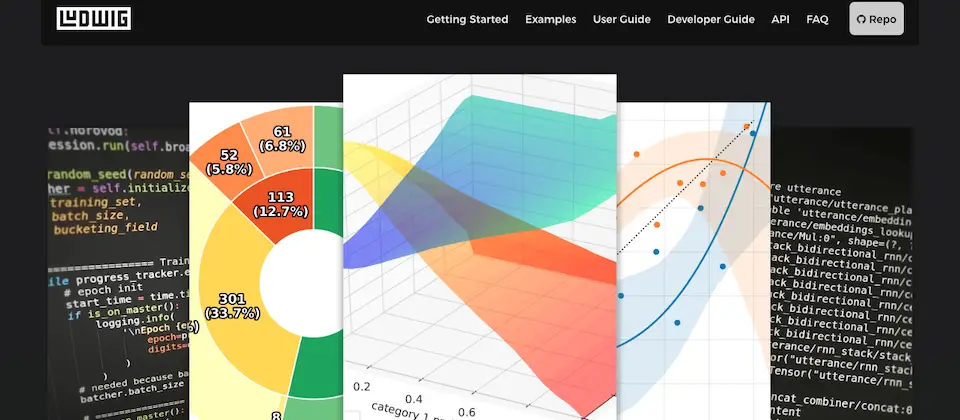Uber announces open source Ludwig, a code-free deep learning toolbox
Uber announced open source Ludwig, a TensorFlow-based toolbox that features training and testing of deep learning models without writing code.
Uber officials said that for AI developers, Ludwig can help them better understand the capabilities of deep learning and can push the model to iterate quickly. On the other hand, for AI experts, Ludwig simplifies prototyping and data processing so they can focus on developing deep learning model architectures.

Ludwig provides a set of model architectures that can be combined together to create an end-to-end model for a given use case. As an analogy, if deep learning libraries provide the building blocks to make your building, Ludwig provides the buildings to make your city, and you can chose among the available buildings or add your own building to the set of available ones.
The core design principles we baked into the toolbox are:
- No coding required: no coding skills are required to train a model and use it for obtaining predictions.
- Generality: a new data type-based approach to deep learning model design that makes the tool usable across many different use cases.
- Flexibility: experienced users have extensive control over model building and training, while newcomers will find it easy to use.
- Extensibility: easy to add new model architecture and new feature data types.
- Understandability: deep learning model internals are often considered black boxes, but we provide standard visualizations to understand their performance and compare their predictions.
- Open Source: Apache License 2.0
In addition, Ludwig offers a variety of tools and the ability to use the open source distributed training framework Horovod. Currently, Ludwig has encoders and decoders for binary values, floating point numbers, categories, discrete sequences, sets, bags, images, text and time series, and supports selected pre-training models. The type of information will be supported in the future.
Ludwig is available here.





